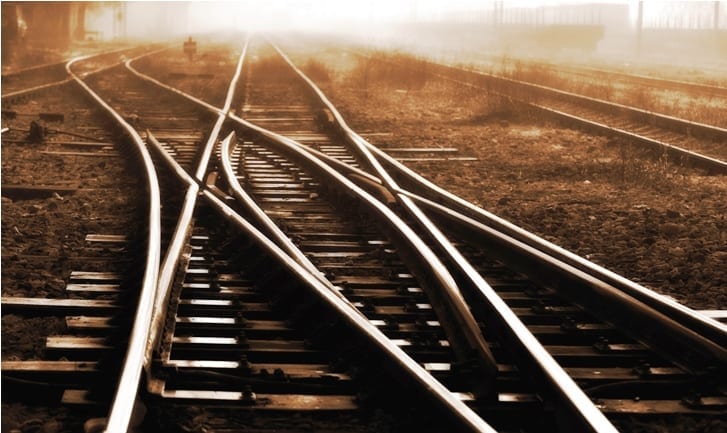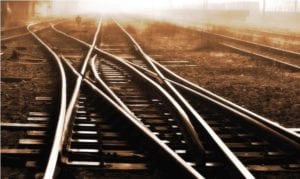 The Southern Africa Hinterland Territories – Malawi, Zimbabwe and Zambia – are vital for the continent’s growth. And rail infrastructure development is an important building block to improving trade across this region.
The Southern Africa Hinterland Territories – Malawi, Zimbabwe and Zambia – are vital for the continent’s growth. And rail infrastructure development is an important building block to improving trade across this region.
“Rail transport is a cost-effective option in comparison to truck transport, particularly for heavy 20’ containers, and railways are more and more willing to work with customers to find better transport solutions. Risk is also reduced in terms of port storage as well as possible standing time at the border posts and finally, from a more social aspect, roads will not be further damaged and by reducing trucks on the roads, there will be fewer truck-related accidents.”
He points to East Africa, a region in which great progress has been made in terms of the development of rail infrastructure. “Closer to South Africa, Transnet Freight Rail are continually performing maintenance and upgrading lines as well as locomotives whilst all the other Southern African rail operators, which include the National Railways of Zimbabwe, Zambia Railways Limited, and the Mozambican Ports and Rail Company, are starting to work much closer together as they have realised that they all are part of the total supply chain. Collaboration between these rail operators is therefore vital.” Ntshangase concludes that Maersk Line remains committed to help finding effective supply chain solutions for their customers, which includes supporting the development of rail in landlocked countries. “By partnering with the railways to convert traffic back to rail and having a more pragmatic road-rail balance, we hope to bring about better economies of scale and a more sustainable future for our customers and the countries within which we operate.”






